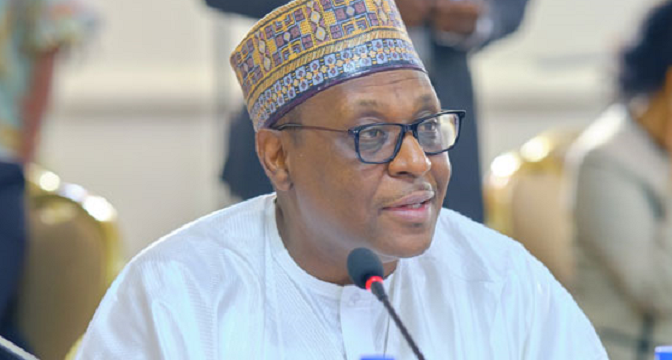The Federal Government has clarified that the recent approval of the National Policy on Health Workforce Migration is not merely a reaction to the growing exodus of healthcare professionals from Nigeria to other parts of the world.
Instead, it is described as “a comprehensive strategy to manage, harness, and reverse health worker migration.”
ConsumerConnect reports that the Coordinating Minister of Health and Social Welfare, Prof. Muhammad Ali Pate, made this known in a statement posted on his verified X handle during the week. He reaffirmed the government’s commitment to addressing the critical challenges facing the country’s healthcare workforce.
Nigeria has been grappling with significant brain drain in the health sector, with thousands of healthcare professionals seeking better opportunities abroad in recent years.
Prof. Pate also confirmed that the new policy was approved during a Federal Executive Council (FEC) meeting presided over by President Bola Ahmed Tinubu on Monday, August 12, 2024, at the Presidential Villa in Abuja.
Pate said: “This policy is more than just a response to the ongoing exodus of healthcare professionals; it’s a comprehensive strategy to manage, harness, and reverse health worker migration.
“It envisions a thriving workforce that is well-supported, adequately rewarded, and optimally utilised to meet the healthcare needs of all Nigerians.”
According to him, the objective of the new national policy is to encourage the return and reintegration of Nigerian health professionals from the Diaspora.
The Minister explained the policy also aims to streamline registration processes and provide incentives to attract skilled professionals back to Nigeria, thereby strengthening the healthcare system.
Pate further stated: “By establishing streamlined registration processes and providing attractive incentives, the policy not only encourages the return of our talented professionals but actively reintegrates them into our health system.
“This approach leverages the expertise of our Diaspora(ns) to bridge gaps within the health sector.
“Also, the policy champions reciprocal agreements with other nations to ensure that the exchange of health workers benefits Nigeria.”
He noted: “These bilateral and multilateral agreements are designed to protect national interests while respecting the rights and aspirations of our healthcare professionals.
“We call on recipient countries to implement a 1:1 match—training one worker to replace every publicly trained Nigerian worker they receive.
Prof. added: “Recognising the importance of work-life balance, the policy includes provisions for routine health checks, mental well-being support, and reasonable working hours, especially for younger doctors.
“These measures aim to create a supportive work environment, reducing burnout and enhancing job satisfaction.”
